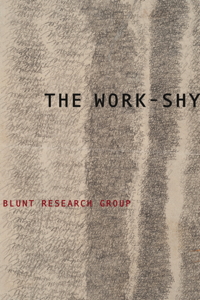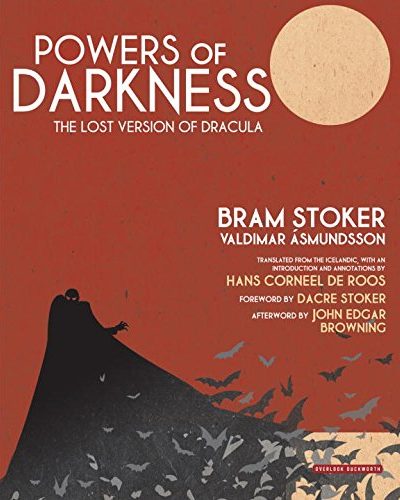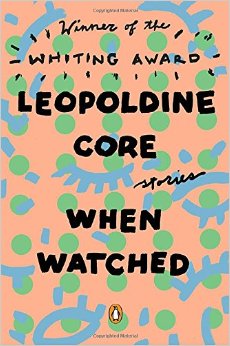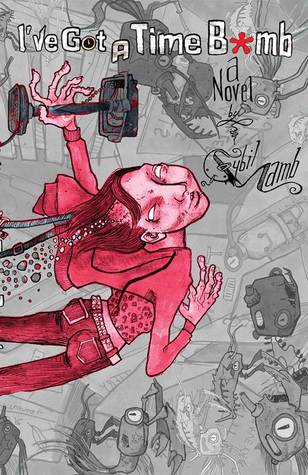The Babysitter at Rest – Jen George
George takes us close to the absurdism of Donald Barthelme, but also the blurred distinctions between realism and science fiction that can be found in the work of Doris Lessing.
The Work-Shy – Blunt Research Group
THE WORK-SHY demonstrates what Toni Morrison calls “re-membering” in that it gives shape to the embodied lives of people who have suffered the violence of oppression even in how they are written into/out of history.
Chronicle of the Murdered House – Lucio Cardoso
Chronicle of the Murdered House earns pride of place as a classic of world literature because it is a complete novel: fully realized characters, expressive writing, an exciting, finely plotted story, and enduring reflections on the human condition.
Powers of Darkness – Bram Stoker & Valdimar Ásmundsson
MAKT MYRKRANNA is not precisely a translation of Dracula; or at least, it’s not what could be termed a good translation of Dracula.
Bye Bye Blondie – Virginie Despentes
Like Chris Kraus in I LOVE DICK, in this book Despentes too seems to have set out to solve the problem of heterosexuality.
It’s not the truth behind the founding of the Church of Jesus Christ of Latter-day Saints that’s important here. What’s important are the bodies, the violence, the people that are at stake in this truth.
When Watched – Leopoldine Core
Core is skillful at conjuring modern life without ceding to signposts like smartphones or social networks.
I’ve Got a Time Bomb – Sybil Lamb
In the absence of any kind of fair political structure and the resources to establish successful radical communities, we rely on who and what we can, hoping that small groups, friends, and lovers can sop some of the ache gushing out of our collective political void.
Experimental Animals: A Reality Fiction – Thalia Field
By subordinating the male voices to a woman speaking to another woman, Field complicates the over-presence of the male voice in the history that Experimental Animals documents.
Landscapes: John Berger on Art – John Berger
Berger attempts to navigate the expectations of art criticism — its perpetual parade of posh-ish poseurs and dilettantes — vis-à-vis his own Marxism.











